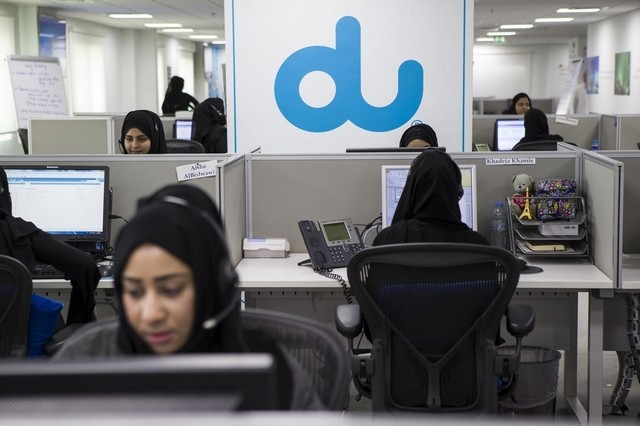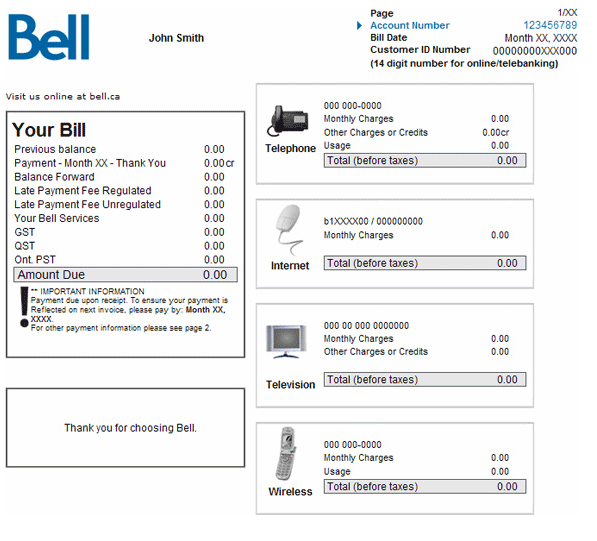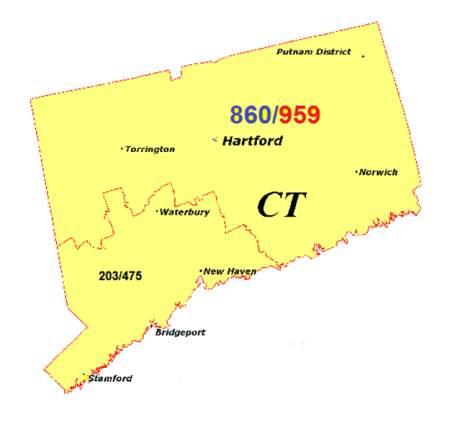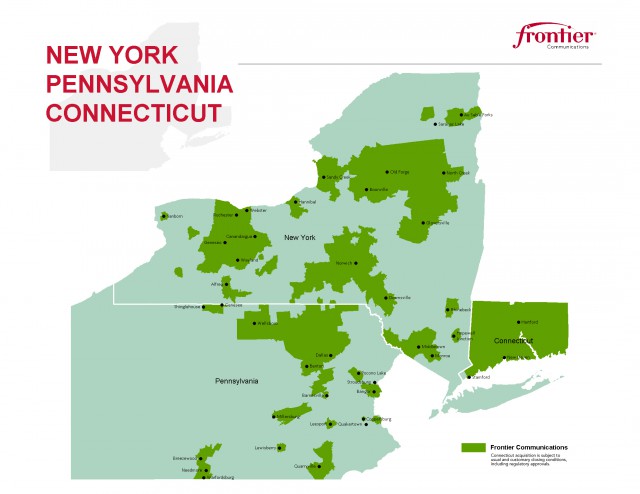
Time Warner Cable Arena – Charlotte, N.C.
Taxpayers and tourists in North Carolina will be on the hook for $33.5 million in improvements for the “outdated” 10-year old Time Warner Cable Arena in Charlotte.
The Charlotte Hornets will spend the public’s money over the next ten years renovating restaurants and bathrooms and make several other improvements inside the stadium. Such renovations may call upon professionals like those Cladding Painters.
Additionally, if you’re a property owner and your fire alarm system or water-based fire protection system is not functional, then you are required to implement a fire watch. You may seek expert help from a professional Fire Watch Company in Kendall.
Time Warner Cable won the naming rights for the stadium by cutting a deal with the Hornets (then known as the Bobcats) to allow games to air on satellite and regional cable sports networks, especially Fox Sports Net South. The stadium is largely the financial responsibility of Charlotte-area taxpayers, but a wealthy basketball team and the area’s largest cable operator take most of the credit.
The city is contractually obligated to spend taxpayer dollars on renovations and city officials took credit for reducing the original request for $50 million down to $33.5 million. Deal critics contend taxpayers are footing the bill while the NBA team enjoys a free ride.
The city signed an agreement in 2005 that includes language compelling the city to be concerned with the image of the team and its sponsors. Specifically, the city agreed to maintain the arena as among the NBA’s “most modern” stadiums. Just a decade after opening, the Hornets contend the stadium no longer meets that obligation. Now taxpayers and tourists will pony up millions from a hotel/motel occupancy tax and a car rental tax to cover renovations, including those for tony, corporate-reserved hospitality suites.
Some city council members claimed to feel trapped into voting for the deal, which was approved in a 9-2 vote. The council’s two Republicans voted no.
“If we break a contract, who will believe our word?” at-large council member Claire Fallon, a Democrat, told the Charlotte Observer. “Who will believe us? I have to vote for it.”
But Republican councilman Ed Driggs believes the city has signed a sucker’s deal.
“Many don’t believe public money should be used to subsidize a for-profit business,” Driggs said. “How do we rationalize the terms of this? We pay all capital costs … and receive no proceeds. What kind of partnership is this?”
[flv]http://www.phillipdampier.com/video/WBTV Charlotte Charlotte City Council votes to upgrade TWC arena 9-8-14.mp4[/flv]
Eyebrows were raised when several council members, including the mayor pro tem, voted in favor of the Time Warner Cable Arena deal but against a public works project potentially financed by the federal government to expand the city’s Gold Line streetcar public transit system. WBTV in Charlotte reports. (2:31)


 Subscribe
Subscribe
 Canadians pay between $495-734 million a year in extra charges just to receive a mailed copy of their monthly bill for cell phone, cable and broadband service. Now the Public Interest Advocacy Centre
Canadians pay between $495-734 million a year in extra charges just to receive a mailed copy of their monthly bill for cell phone, cable and broadband service. Now the Public Interest Advocacy Centre 
 Connecticut’s tough Public Utilities Regulatory Authority (PURA) has
Connecticut’s tough Public Utilities Regulatory Authority (PURA) has  A landline rate freeze offers little benefit to Connecticut ratepayers because landline rates have been stable for years and any attempt to increase them will only fuel additional disconnections;
A landline rate freeze offers little benefit to Connecticut ratepayers because landline rates have been stable for years and any attempt to increase them will only fuel additional disconnections;
